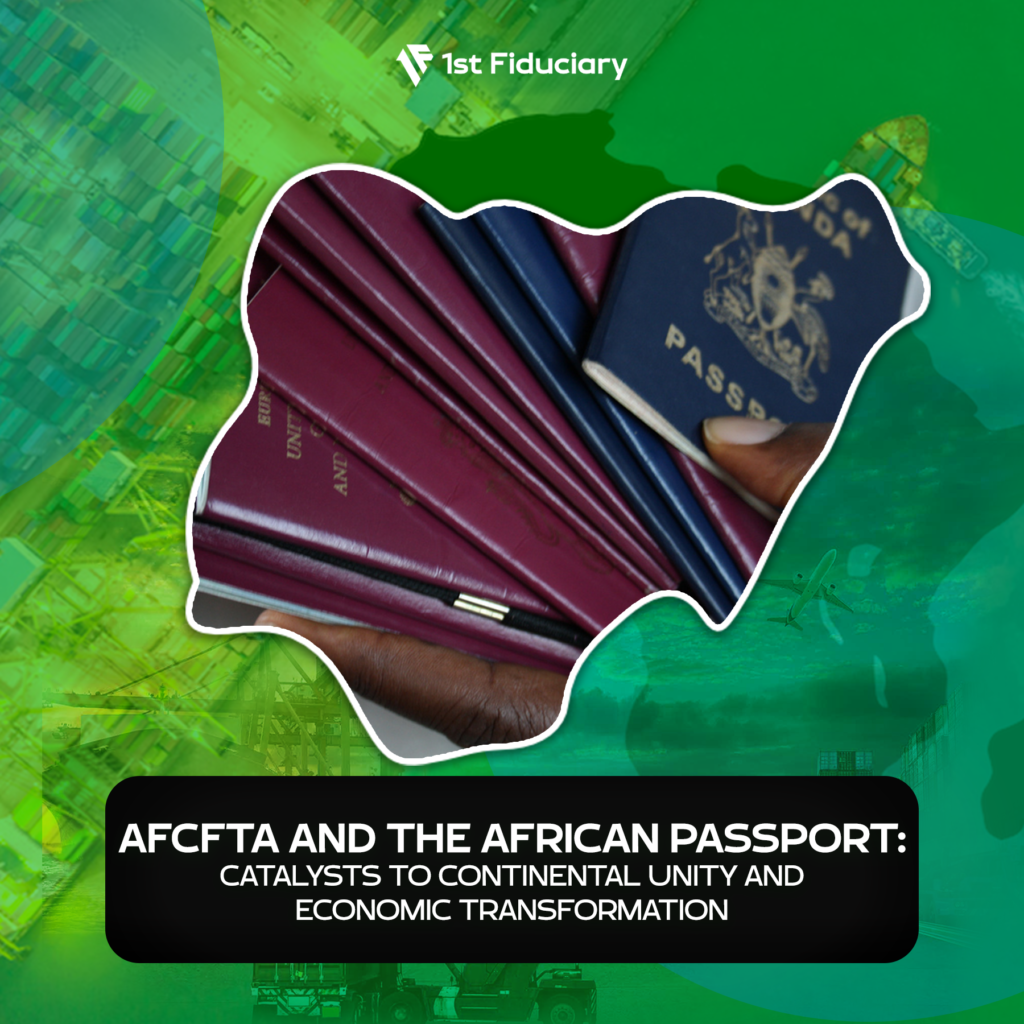AfCFTA and the African Passport: Catalysts to Continental Unity and Economic Transformation
The African Continental Free Trade Area (AfCFTA) and the development of the African passport are both projects of Agenda 2063, the African Union’s (AU) strategic framework for the continent’s socio-economic transformation over the next 50 years.
AfCFTA was officially launched on January 1, 2021, to create a single market for goods and services, besides facilitating the free movement of businesspersons and investments, hence setting the stage for a Continental Customs Union. The African passport on the other hand presents the vision of an integrated, prosperous, and peaceful Africa.
The effort championed by the AU is directed toward the dismantling of trade barriers, easing the movement of people, and promoting an everyday economic landscape in transforming Africa into a powerhouse of economic growth and development.
AfCFTA is not without its hurdles, as the biting infrastructure deficits, unequal levels of economic development among member states, and political instability in some parts of the continent remain a cause for worry. Effective implementation will involve investing heavily in infrastructure, harmonizing the regulations, and boosting the initiative capacity to manage and enforce the said trade rules.
This write-up examines how the activities in the AfCFTA and the African passport form part of the monumental steps towards actualizing economic integration and unity across Africa.
